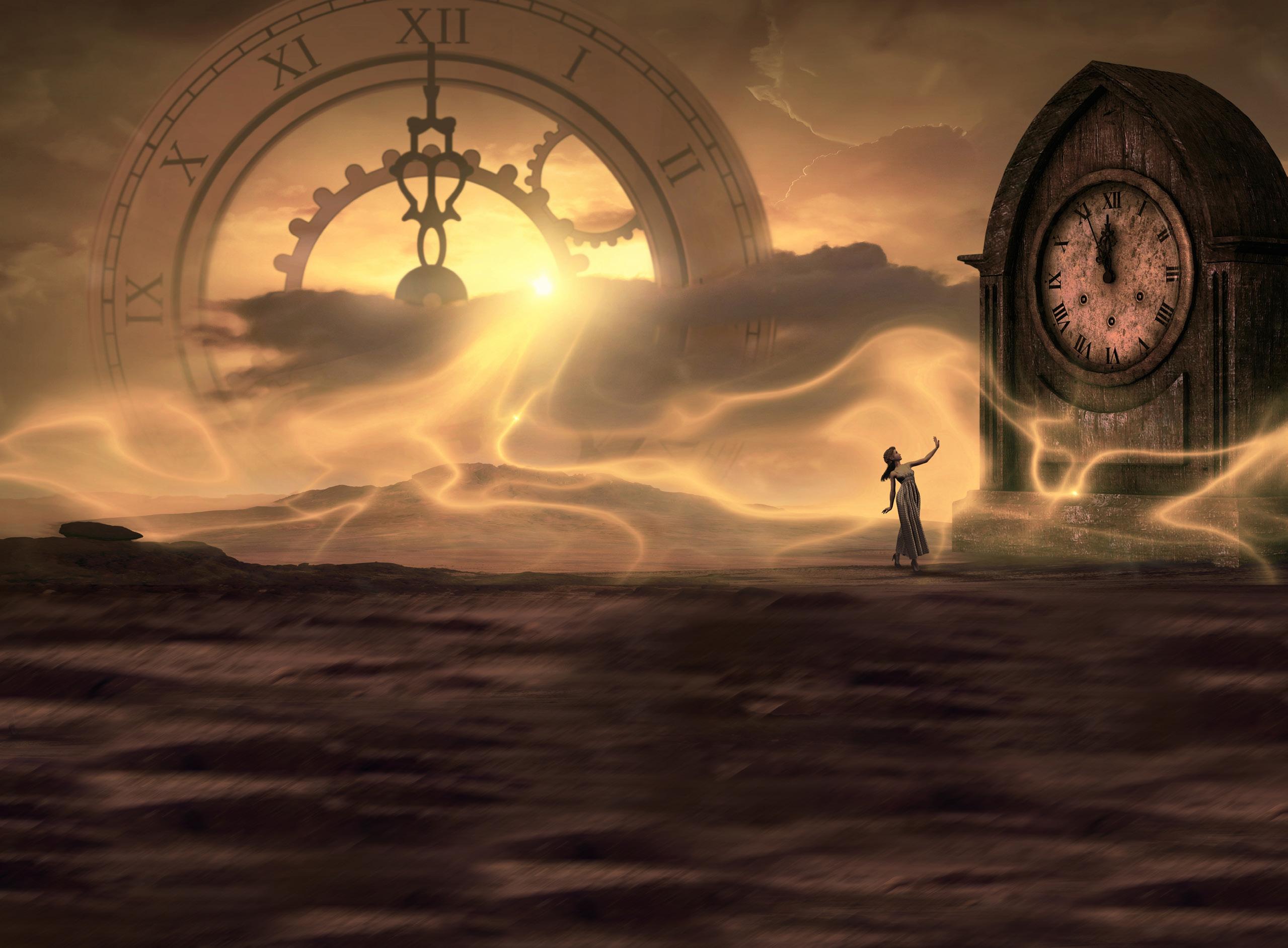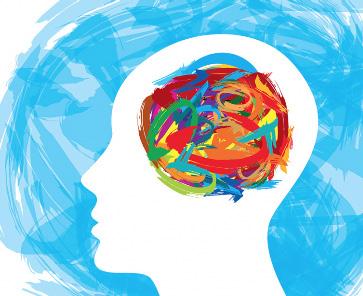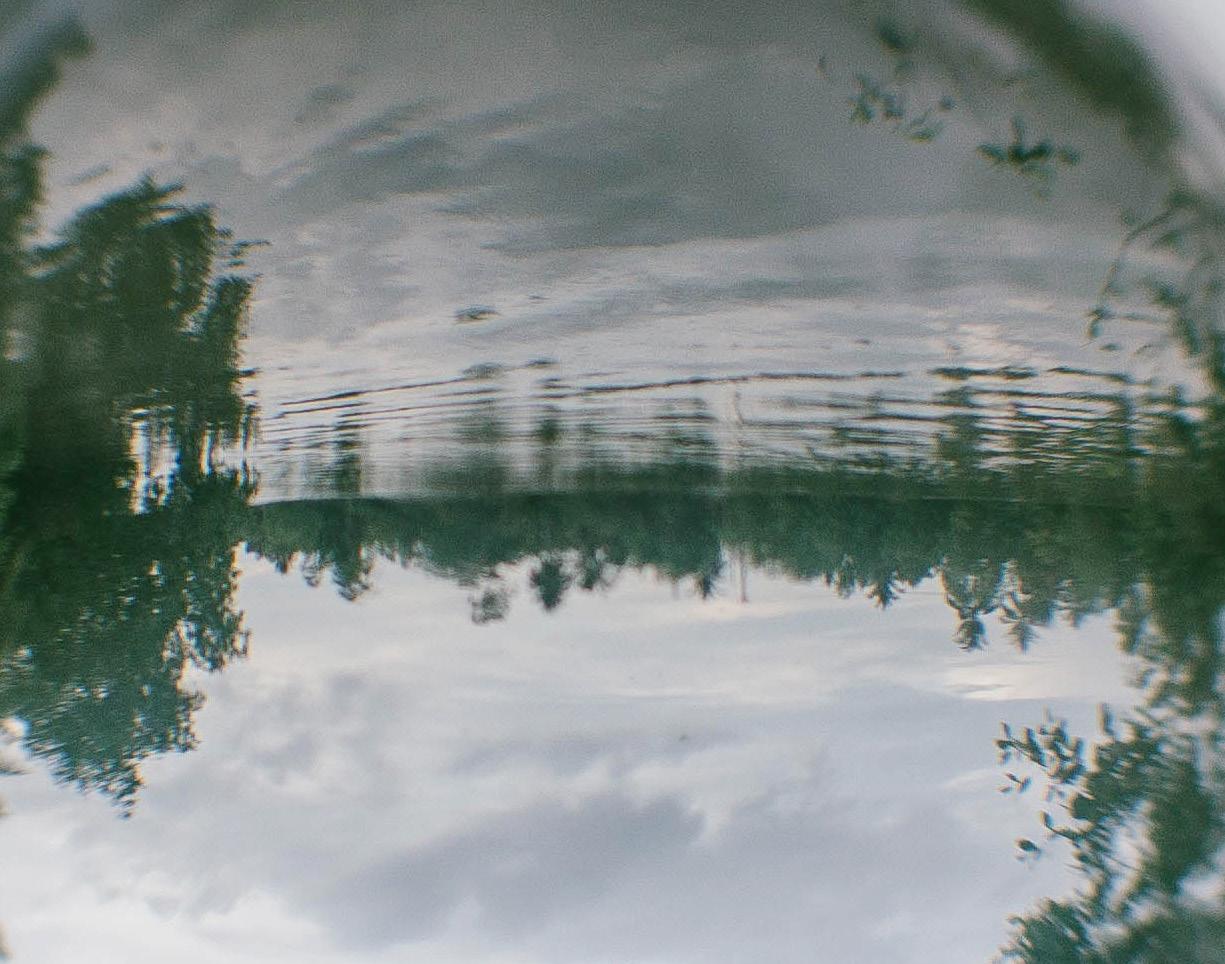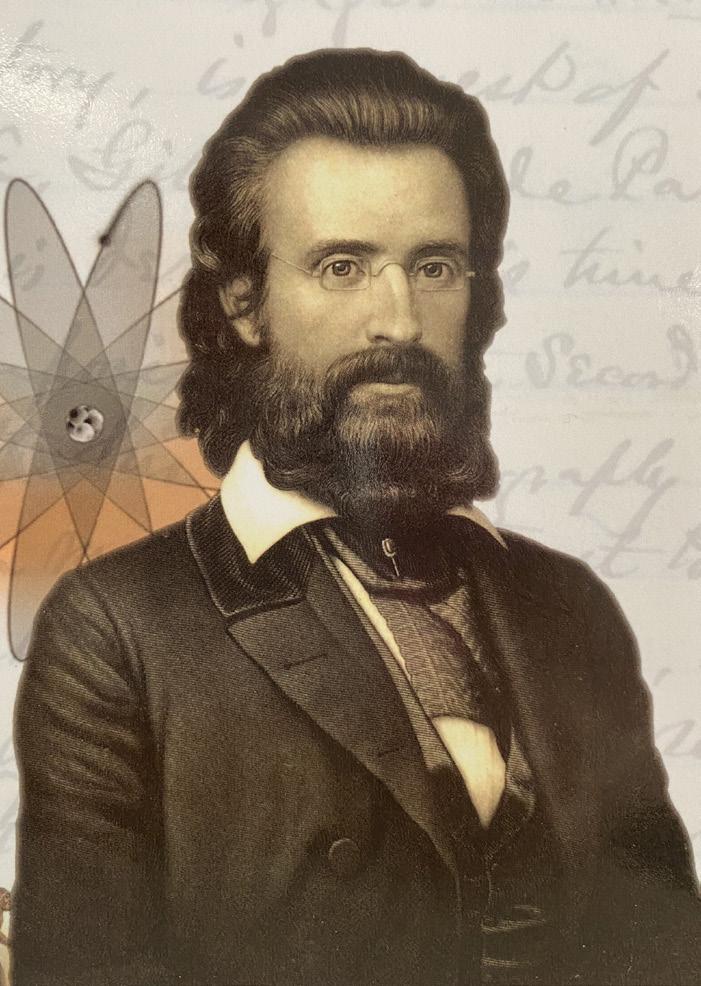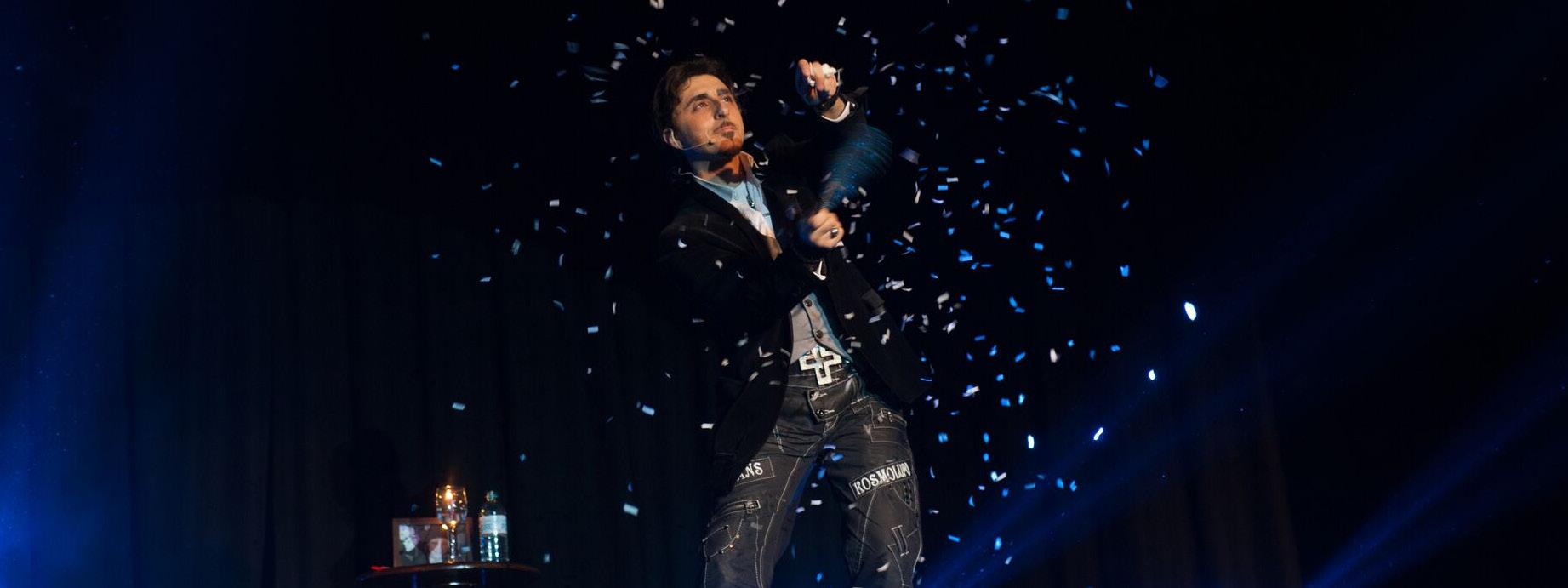
21 minute read
Is Life an Illusion?
Supernal Interview
An Interview with illusionist Jack Daniels by Anthony Kilner IS LIFE AN ILLUSION?
Magic and illusion have fascinated me since I was a child. Watching David Copperfield enthralled me, opening my eyes to the magic of life and that it is - in real terms - an illusion. From a shy young boy, Jack Daniels realised his dream and now captivates audiences around the world with his own brand of illusion and the odd bit of magic thrown in for good measure. Interviewing this down to earth dad of two was interesting and fun and he performed some of his illusions for our video!
Who is Jack Daniels?
“My family background is Armenian, very Mediterranean basically. We came to Australia when I was five, so I pretty much grew up here. My wife is originally from Perth and we have two gorgeous kids.”
I hear that there’s an interesting story behind your Great Grandfather and his magic trunk?
Yes! That big box was a very big shock for me coz when I started on this path, I was around 14 years old and I didn’t really understand where my interest in illusion even came from. My parents at the time were hoping that this was just a phase I was going through and that I would eventually dedicate my life to something more useful. done about three shows for the local community and in my second show, I presented a major illusion that I had built, designed and choreographed. After that show people started to take notice of me and then my parents realised it was okay and showed me the truth about my great grandfather – they thought I’d found my calling.

“They revealed to me a steamer trunk that was owned by him; it was, very old and falling apart. With very little else known about my great grandfather, this was a treasure.
“The trunk was full of his props - a sponge ball, old decks of cards, ropes, books, Chinese linking rings - really old antique stuff. It was like Christmas! It seemed surreal that there was someone in the family who used to be a magician - the perfect childhood dream come true!
“I was restoring the trunk, when the bottom compartment fell off. I thought I’d destroyed it! I flipped the trunk over to see how bad the damage was and found a journal. A tiny book hidden within the bottom part of the trunk. We did some research and discovered that the journal belonged to an 18th century magician called ‘The Great Lafayette.’
“Lafayette was the highest paid performer of that era and the book was filled with his notes. Apart from his day to day life there were also illusion drawings - it was a stunning find. No one seemed to know anything about it and to this day, we haven’t figured out his connection with my great grandfather. This amazing experience told me I had discovered my calling. I was meant to find it, I was meant to be here right now - it’s in my DNA!”
That leads me to the question of why illusion? Why magic?
“As a kid growing up I was very shy, with very little selfesteem, or confidence and found it hard to make friends at school. The very first time I actually did see magic was in high school and the David Copperfield TV shows got me interested.
“When I started watching the show, I didn’t really know what I was watching and didn’t understand the concept of magic, but I recorded David’s show and watched it so many times that I started dreaming the actual effects. I was so focused on that, I saw the methods while sleeping - I dreamt a lot of the methods that David was doing live.
“A magic show from the States arrived and in the program was an advertisement for Bernard’s Magic Shop in Melbourne. Cool! I ordered their magazine and saved up all my lunch money and bought my very first box of magic tricks and that’s what got me to do my very first performance.
“When I did my first show people started to notice. Until then I was invisible - in school and the community. I started to feel good about myself through the aid of magic - my confidence improved. I’m 14yo, live on stage, in front of people that I’ve never met before and I’m doing these amazing things, everyone with their mouth open in amazement. It made me feel empowered that I knew something that no one else in the room knew about. “So that’s what got me thinking that this is something very special and powerful and it came so easily. Everything else was hard for me, but magic for some reason wasn’t. It felt natural.”
Was coming from another country part of your lack of selfesteem?

“Yes. When we migrated to Australia I was a little child that didn’t speak the language well. I was bullied throughout my school years,so I wanted the security of feeling I belonged, to have friends. I just wanted to fit in and magic created that.
“Two things helped me throughout my life. One was doing martial arts from a young age, which took care of the bullying, but I still lacked confidence and the ability to make friends. That’s where magic stepped in and helped. It’s been an amazing journey.”
Where does the reality of magic/illusions start and end with you?
“Magic is active in my life 24 hours a day. When I’m out in public, it’s kind of hard to say where it starts and ends, because it doesn’t really stop - it’s always there. I can go to the shops but my mind is still in the zone of magic.
“I’m always looking for ideas and inspirations, just noticing things that most people probably wouldn’t. I mean when’s the last time you looked out the window and noticed a tree swaying in the breeze?
“Your head is either in work or society which is programmed to say - “Grow up, get married, get a home loan, get a good job, raise a family” and that’s it. A lot of people don’t really get to see the magic; maybe my job is to help you see it - the magic in everything! I can’t really say when reality ends, because reality to me honestly is never there, it’s always in magic!”
Would you classify yourself as a magician or an illusionist?
someone who actually does real magic, I’m not doing real magic, I’m creating illusions to make you think for a moment that something you didn’t notice before could be real or what might seem impossible could be possible.”
David Copperfield was one of your mentors, an inspiration for you - were there others?
“I don’t really have too many heroes. David Copperfield would probably be the only one of this day, but going back would have been my great grandfather and the Great Lafayette. Magicians from the old times have been an inspiration and motivation for me.”
What is a typical day in the life of Jack Daniels?
“It’s kind of changed. Had you asked me that question before the little one was born 10 months ago, it would be a completely different answer. Before it was all business. I’ve kind of stopped that now, because I want to focus all my attention as a ‘stay at home’ dad. My missus has her own work. I work from home so I have family flexibility. I still work on magic if I want to, but I spend time with the little one during the day. I put away the magic stuff until she naps and manage the paperwork, but the real magic happens at night.
“I’ll be in my room, locked away till midnight. Creating, researching and editing the music, rewriting the script and shows. You know,
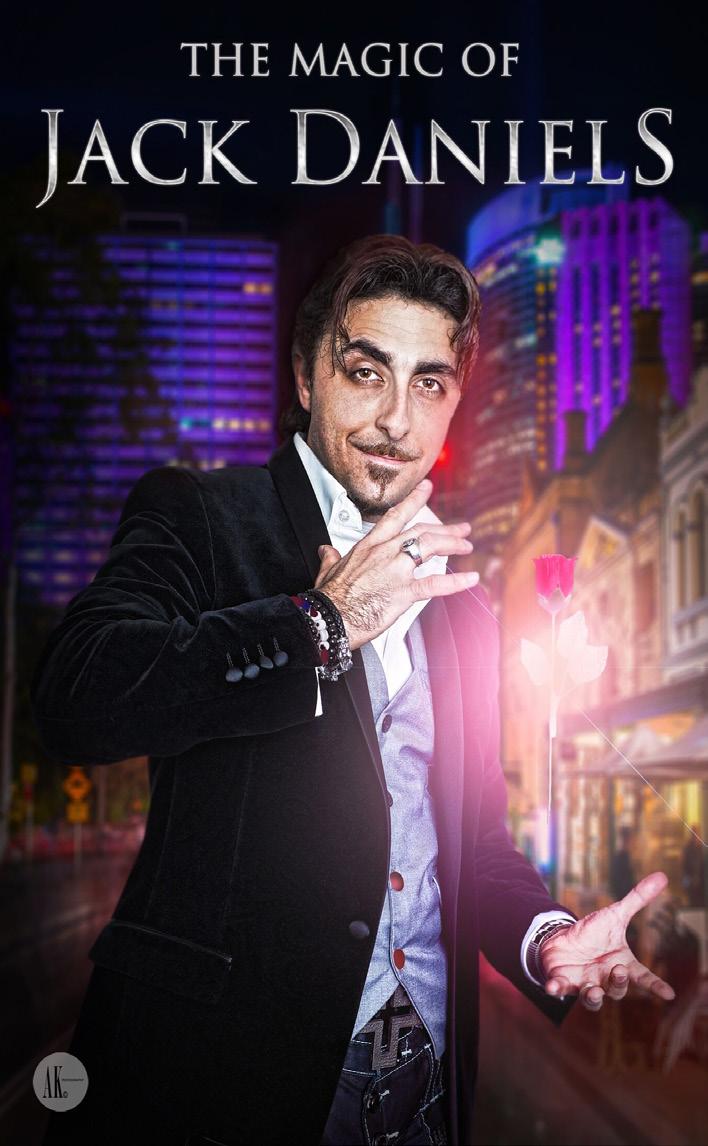
getting some inspiration for illusions, so working on the business side of things. It’s very different from what it used to be.”
How much work would you say has been required for you to be “successful”? Maybe a quick tip for people who might say, “I want to be Jack Daniels!”
“When I started there was no internet, I couldn’t just ‘log on’ and access information. I spent a lot of time after school in the library, trying to get as many books as I could on magic and theatre work.
“A lot of time was spent in the library. I did business studies in school, but I wish I could go back in time, because I didn’t think that was important then. To me it was all about the creativity and I failed to realise that show business is two words; its ‘show’ and ‘business’. So I “I started straight away with the big illusions. A lot of times people will say that you’ve got to take baby steps. I skipped all that – the little hand manipulations and the card skills and jumped straight into big stage performances. This came very naturally to me. The illusions were very easy for me to do, so as far as training goes, I read as many books as I could get my hands on.
“While my friends were out enjoying life, I was locked in my bedroom going through hundreds of music tracks. School lunch time and money was spent in music stores listening to and buying cd’s and going to the hardware shop for materials to create the sets for my illusions. I used to choreograph routines for the illusions with music - visualising and working out the routines. It took a lot of rehearsing and planning and an extreme amount of attention to detail.
“Magic, is one of those fields where, like music, if you don’t put the time into it eventually you’re going to forget it. It’s like playing a guitar; you need your fingers, the dexterity has to be there.
“You always have to be looking for the next thing, especially for kids, as nowadays information is so easily accessible. Log onto YouTube and you can learn - there’s so much stuff on there. It’s not enough to say
you just ‘know it.’ You can’t get into that mindset because that’s when you’re going to start making mistakes. You’ve always got to keep one step ahead of it.”
Do you believe in the spirit world? Do you work with them?
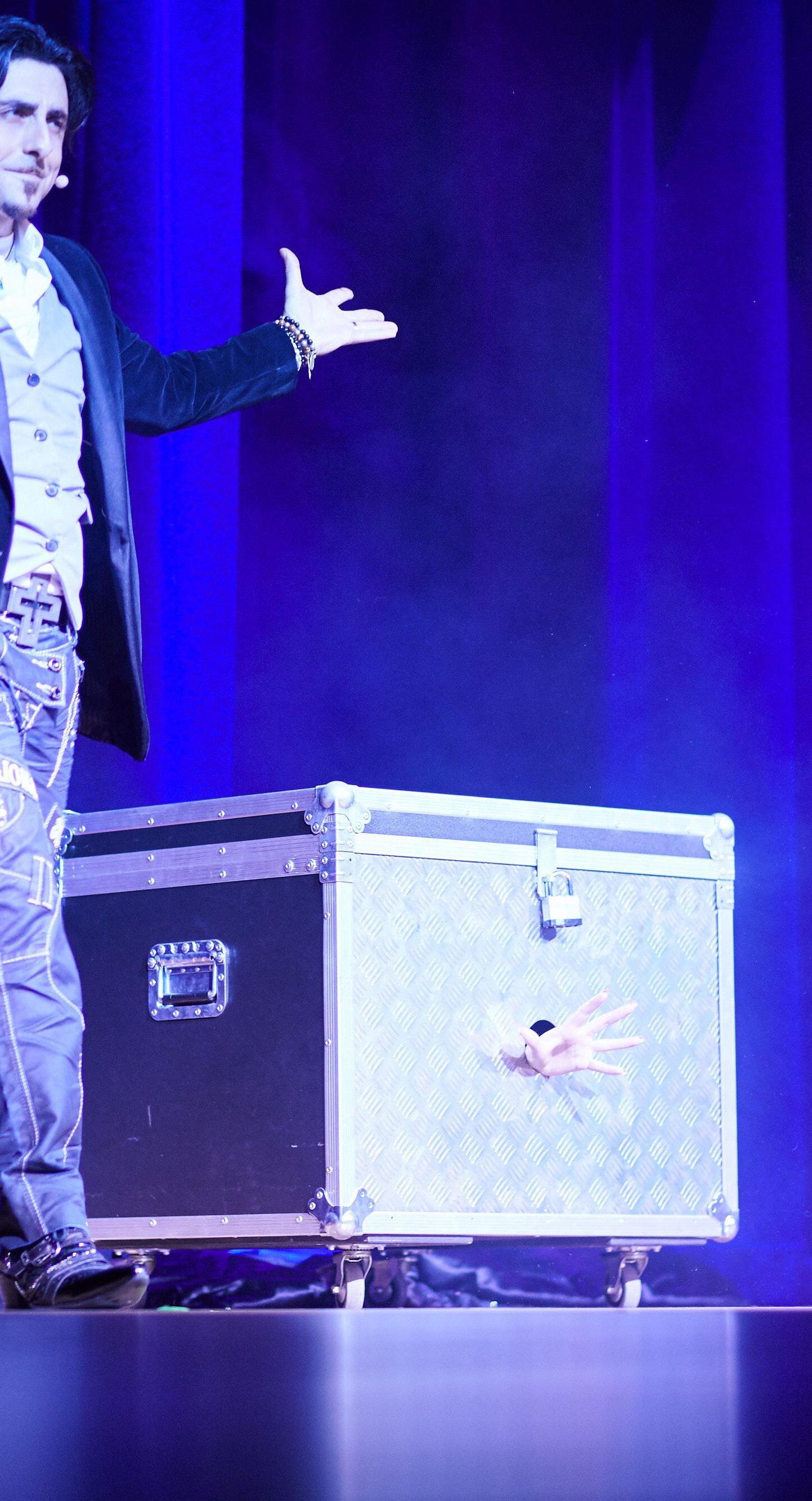
“I don’t work with them, but I am a big believer that there is something bigger than us within this world. As a kid growing up I used to see things around me that people wouldn’t normally see and, for some reason, it always happened when I was in my room - when I was working with the magic stuff. As an adult now I don’t really have that same vibration, if you wish to call it that. I don’t work with them per say, but I kind of create the illusion that I am.”
Have any illusions gone wrong or created any sort of panic or stress?
“Well, yes - maybe panic. It was my fifth performance, I accidentally set a ladies hair on fire. I had this pyro effect. It was the beginning of my act; I was literally just going to walk on stage and going to produce this ball of fire. I didn’t take everything into consideration - trial and error, you are learning all the time and when you’re a kid you’ve got no idea of OH&S stuff, nothing like that, so I think I let my ego get to me. I literally had this ball of fire appear in my hand and the draft that was in the room carried it. It landed on a lady’s head - her hair lit up! “Luckily though, it was a community-based show and people knew me, but it was a panic for the lady and it was the beginning of my show so where do you go from there? Every movement is pre-choreographed to a specific point in the music, so do I jump down and check on the lady or do I continue with the show? It was chaos, but luckily they put her out. I’ve never used fire since!
“Another thing that happened as an adult, with an illusion that I call The Spiker, it’s a massive grand illusion. I am chained inside this cabinet and I have less than 60 seconds to escape before about 45 spears come smashing towards me. It’s one of the illusions that to this day scares me every time I have to perform it, coz I’m not in control - this is the one illusion that is out of my hands.
“One time in that cabinet, there was no way for me to signal my crew backstage that I’m out of the way, you can release the spears. It’s executed to perfection; timed so my crew rely on my skills while I’m inside the box. I have to make sure that I’m out of the way so nothing can go wrong. In this instance though, something did go wrong and I was millimetres away from getting the spears literally shish-kababbing me.
Jack Daniels really is a whole team then?
“Yeah, if you want to look at it from that perspective. I rely heavily on my dancers, the guys backstage, the stagehands and I’ve got to see it through their eyes and put myself in their position to understand what they see. Are they going to know if something does go wrong? How do I want them to act if it does?
“In reality, and this is the downside of the industry, is that I get all the credit coz the audience sees me, but that’s not the case, the credit really has to go to the guys working behind the scenes because without them, I can’t do what I do. It’s impossible for me to do what I do.”
What is Project Magic?
“Project Magic, is basically a program that uses magic as a form of therapy for people in hospitals, where magicians teach occupational therapists sleight of hand and the occupational therapists teach those skills to the patients. In return it basically helps them with their dexterity, coordination, hand eye skills coordination and memory.”
Visit the website HERE
Visit the Facebook Page HERE Jack is a very down to earth guy that has a great zest for life and loves nothing more than entertaining people. On the Supernal website we have two videos - one an interview containing some different information from this story and one with Jack performing illusions live over the net – it’s amazing! Check out the links HERE.
Australia’s rst 24x7 health and wellness radio station.
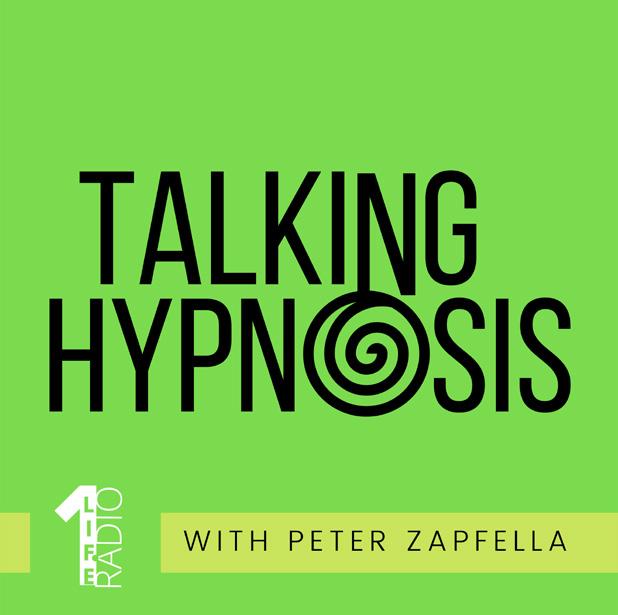
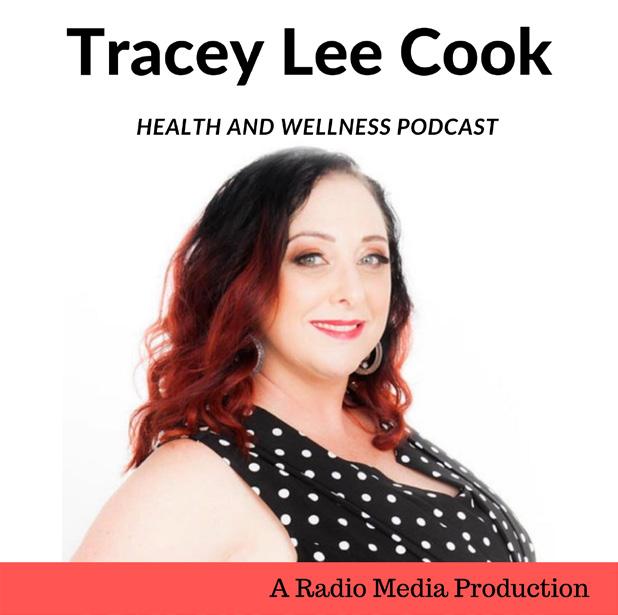

LISTEN LIVE AT WWW.1LIFE.RADIO
Leon Bracelin: The Merging of Worlds - Archaeology and the Esoteric by Freya Sampson
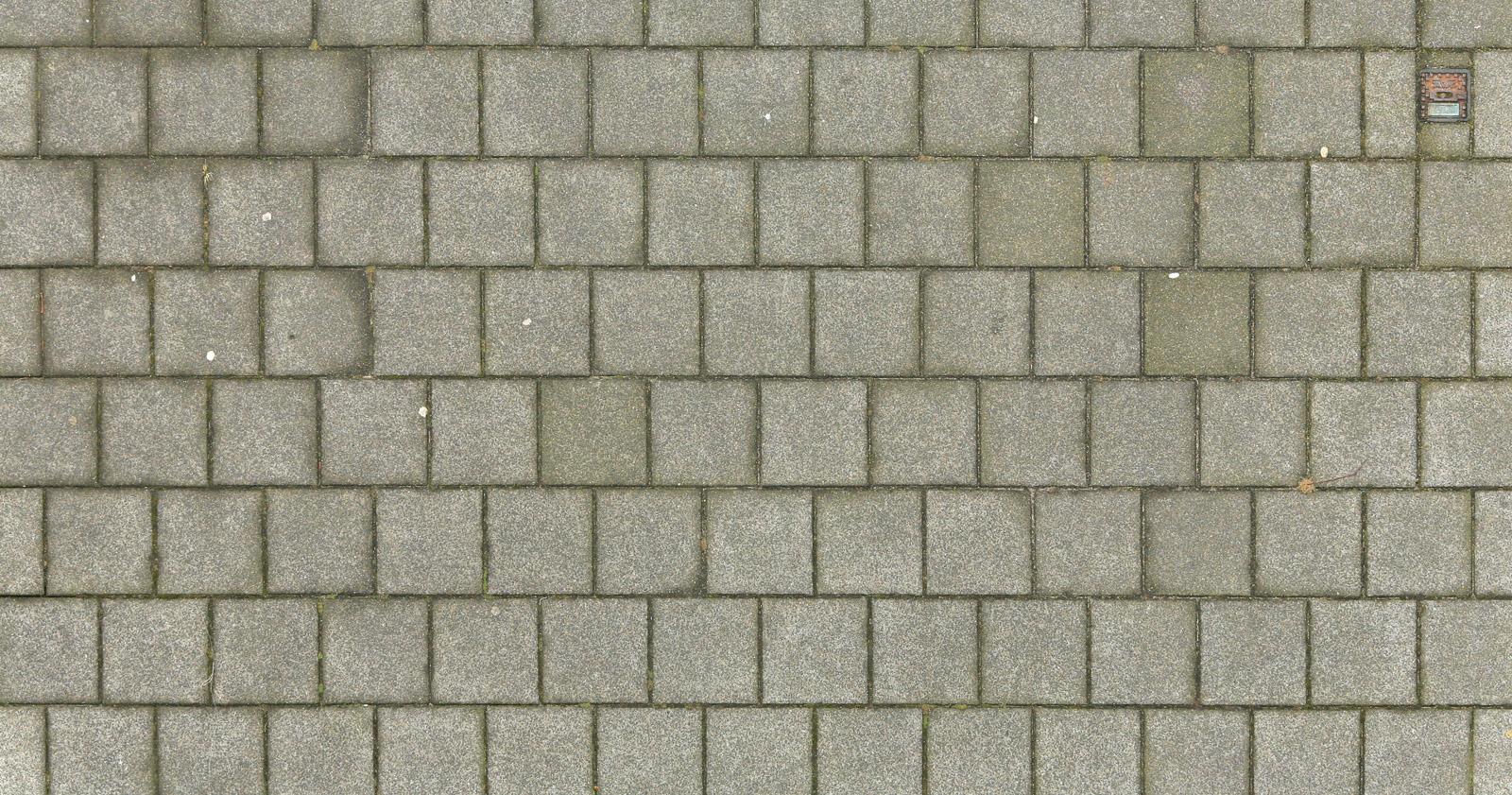
Leon Bracelin is the Archaeologist in Residence in Ludlow, Shropshire, England where he is exploring the facets of the ancient culture of Ludlow, including its castle, dwellings, places of trade, as well as grounds and farmlands around the town.
He’s doing this to reveal a clear picture of the lives and the old ways of the residents across the ages.
Leon is deeply passionate about his craft and, interviewing him over Zoom, as he speaks, I feel as though I’m being pulled through the screen and into a medieval village scene, my mind expanding from curiosity to wonder. What makes Leon even more interesting, is that his life is steeped in the esoteric.
Leon says, “I’m one of those unusual people, I am a scientist and I have a very deep association with the esoteric, meaning all of the very unusual things about life.
“Looking at all of the finds to do with people, why we do things, our superstitions and mythology, it’s a journey of discovery in both aspects. Although you never know what you’re going to find, primarily it asks the question; Why?” leads you down the esoteric rabbit-hole and into the pits and tunnels of archaeology?”
“It goes right back to before I was five years old. I was brought up in a very unusual household. My father, Jack Bracelin, was an Anthropologist who had a deep association with the Wiccan movement in the 1950’s and 60’s.”
Wikipedia states: Jack L. Bracelin was an influential figure in the early history of the neo-pagan religion of Wicca, being a High Priest of Gardnerian Wicca, who had been initiated into the craft by Doreen Valiente in 1956. He was a member of the Bricket Wood Coven. He authored an authoritative biography of Gardener, the founder of the Wiccan Religion, called ‘Gerald Gardner: Witch’ in 1960.
“Being brought up in that environment lead me to ask the big questions: Why are we here? Who are we and what is this life all about? As people, the essence of spirit, which all religions, beliefs and faiths encapsulate, I think there is a lot more to this life than what we perceive.”
Digging deeper (pardon the pun!), I questioned Leon about the influence of his father’s career in Anthropology on his choice to enter his chosen field.
“Yes, he was definitely an influence. The discipline of Anthropology looks at why we do things and what we believe in and our place. With Archaeology, it’s about finding things and finding things out. The two are closely related.”
I sense from Leon’s way of talking about his dad and his first archaeological dig, that the influence of his father’s life’s work had given him a broader and more deeply insightful understanding of people and their behaviours. It is inspiring to hear his deeper sense of the terrain of archaeology, through his quest to understand what it
it means to be human. I asked Leon to share some of the areas he’s currently demystifying in Ludlow.
“In archaeological terms, I’m looking at the medieval pottery and the changes in how we were using these things in everyday life. Some very unusual things popped up, for example, bottles that were placed upside down in entrance ways, which was actually a form of protection. What I’ve found through the ‘finds’ in many different cultures, way back in history, is that we have always had the this attribute to the hereafter, since the first time we buried someone in the ground, which we know from Mesolithic period, early prehistoric archaeology, goes right back to the Ice Age and was a world-wide practice.”
Concerning Leon’s statements that humans have ritual associated with the death and afterlife processes, I asked, “Is there evidence associated with the birthing and death-rituals, given that there is no body or grave to investigate?” “When you go back to prehistory it’s all about the ritual landscape. It’s mainly focused on the treatment of the dead, preparation for the hereafter, our perception of time, space, where we are now. Some things are hard to place archaeologically. For example if you did a ritual now, burning something or dancing, how is it recorded? There’s no physical record.

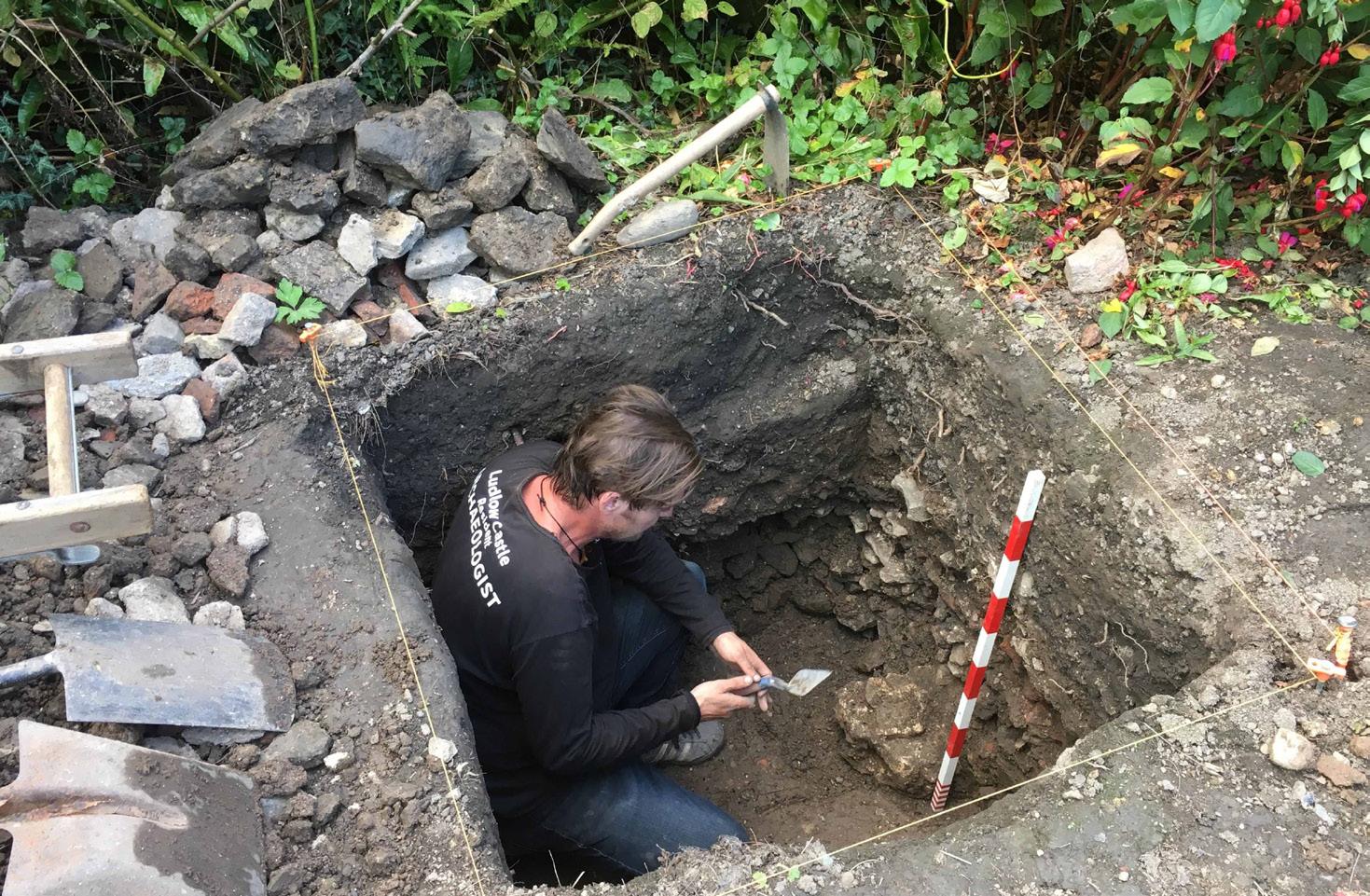
One of the ways Leon has incorporated the esoteric into his science is through dowsing.
Leon shares, “When I first moved here, I met a lot of the older generation who used hazel sticks to divine for water. Despite its ancient orgins, it is still used today. It is written off by many as pseudoscience when in fact it isn’t - it really works!”
I remarked that the practice of dowsing, brought from England to Australia has been and is widely accepted and used today by farmers to locate water on their properties.

One of Leon’s main objectives is to edify us on these practices. “In science if you can’t see it, touch it, smell it, taste it, then it’s not real, but it’s moving away from that now. When we start asking other questions and look at how things are replicated from the past, we see we are not that far removed today. Look at lucky charms or a family heirloom that is associated with a family custom.
“Even from when we are children ‘the tooth fairy’, all of these things, have a direct impact on who we are and how we live today.
“There’s a lot more that could be done, exploring comingof-age practices, initiations; we know that people were doing these things in prehistoric times, but there is no written evidence. We see it through the evolution of midwifery and the hedgewitches, with their innate knowledge of medicine. For about the last 500 years we’ve been christening children, using a font, which you can see, but you can’t see the water, so it asks a lot of interesting questions.”
In Ludlow, Leon is exploring 14th Century ‘witch-markings.’ I asked him to define the meaning of ‘witch’ and are ‘cunning-folk’ the same? Leon says, “A witch is someone who works with and has an innate knowledge of nature, a wise
Layout of Ludlow Castle ‘s inner and outer wards courtesy of the Dog Rose Trust
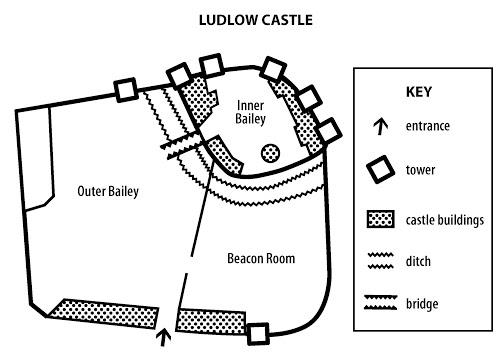
one, who used the old-ways. It was not a gender specific term nowadays, but this was not always necessarily so.”
He believes the origins are in the feminine, stating, “If you look at the 5-6th Century in England, the women had high-status burials.
“Being a witch means living the knowledge. The cunning folk 14th -15th Century, were known as the fixers. If you believed you had a curse on you, you’d go to see the local ‘cunning folk’ and they’d remove it.”
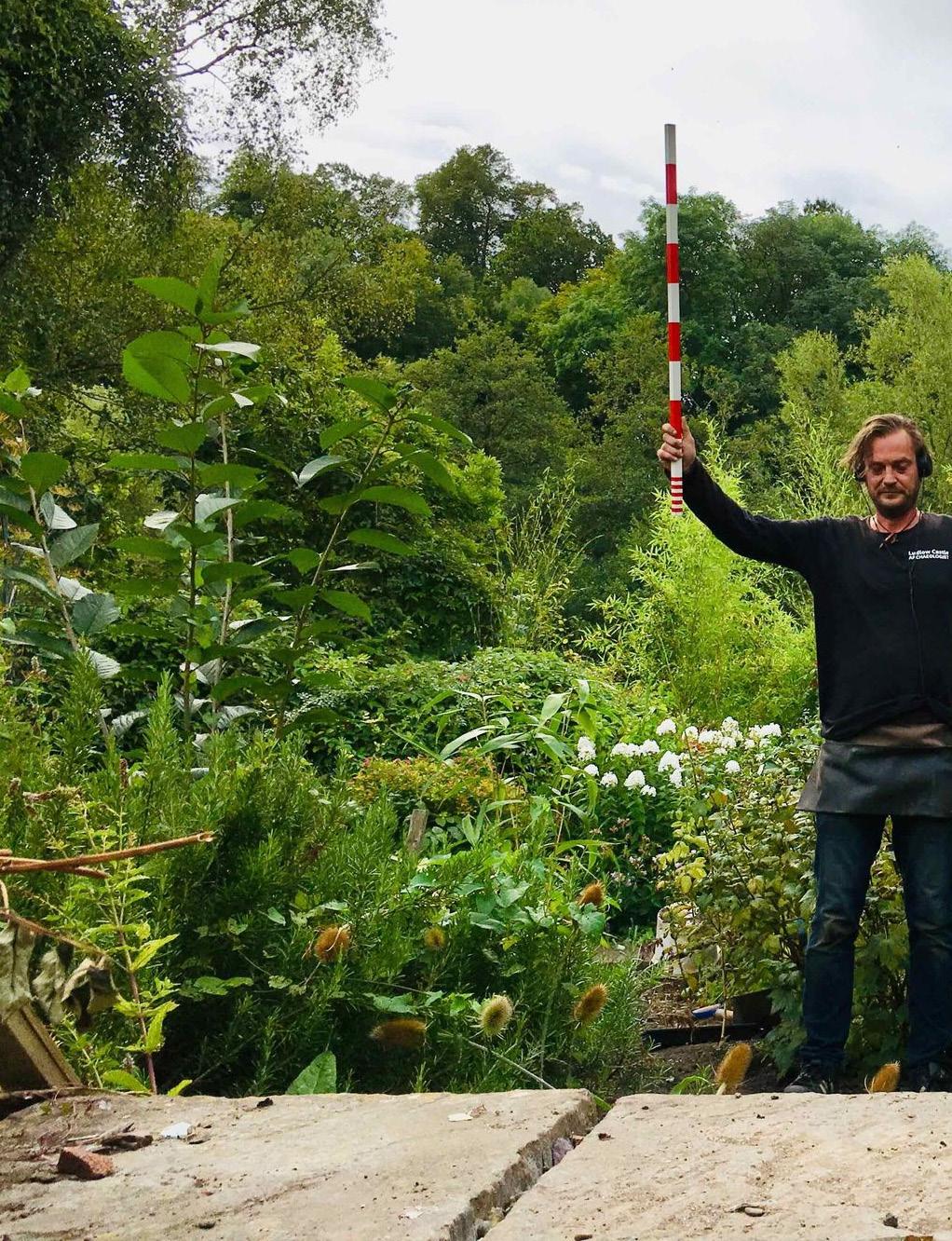
It was interesting to hear Leon’s perspectives that, in religions as they have evolved around the world, they have taken aspects of what came before and re-crafted it into a new ritualistic expression.
“The old churches in England are all built on pagan ritual sites.” Leon pointed out.
The rest of our interview takes us into the extraordinary territory of the meaning of the ‘witch-markings’, old ways in modern times and cycles of birth, death and rebirth, which you can view in these following three short videos.
Archaeology sparks the imagination. Unearthing mysteries, seeking clues as to why we are, who we are and through investigating, who we were. Freya Sampson interviews Leon Bracelin.
What do the witch markings you’re finding in Ludlow mean?
Leon Bracelin discusses cycles in life and how what he’s found from the past is being more accepted in the present time.


Written by the knowledgeable and experienced mind behind Bridging Realms, Anthony Kilner’s Practical Mediumship invites readers of all ages to understand the spirit world, and the world of Mediums and Psychics - explaining how they work, and how to recognise the differences in the information they offer. With chapters on dreams, astral experiences, physical & metaphysical information, and dream interpretation, this book makes the perfect companion and great reference material for anyone seeking practical knowledge in the realm of the spiritual. Practical Mediumship by Anthony Kilner

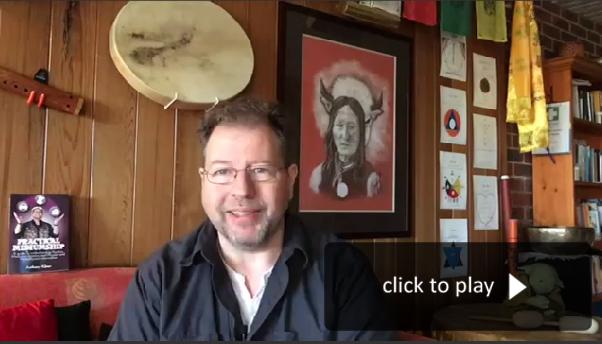

If you are looking for an exciting way to work with the Universe, the Spirit World and the Phsyical World, Practical Mediumship is the ultimate guide to understanding life’s messages, and understanding YOU! video link
The Health Conscious series is a great co-authored series of books in which some amazing authors share their thoughts on an array of topics. These books cover significant subjects in an easy to read format, and make the perfect books for reference material.
Click on the book covers to go to the Bridging Realms Bookstore.
Bridging Realms also offers...
Psychic Mediumship Readings ● Tarot Readings Reiki & Seichim Healing ● Past Life Regression
Relaxation Massage ● Vibrational Healing Chakra Balancing ● Spirit Healing ● Muscle De-Stress
Ear Candling ● Spiritual Development Classes
Group Bookings Available

0407 181 701 www.bridgingrealms.com.au
VARIJ CLAIRVOYANT ASTROLOGY Psychological & Spiritual Illumination of the Soul’s Life Journey.

I offer insights into karmic lessons & blessings, career, vocation, life purpose, health, relationships patterns & compatibility. Tarot included by request.

VARIJ www.byronbayastrologer.com.au Tel: 61 409 181 526 varidium@gmail.com


